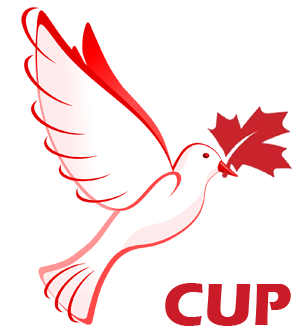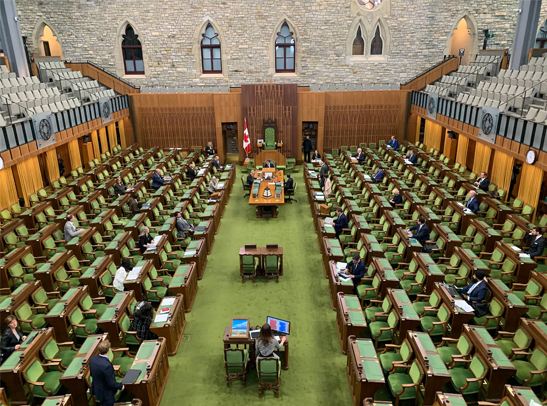Virtual Seats and the House of Commons
While moving government forward in these modern times, we propose creating Virtual Seats in the House of Commons. These virtual seats would allow eligible voting Canadians to exercise their right to vote on current issues presented in the House of Commons and participate in a more hands on approach.
Currently, the House of Commons in Canada holds 338 seats. Our mandate is to create 169 Virtual Seats. This would allow for the present day adversarial parliamentary system to function as intended with room for options and maneuverability. These seats would play an effective roll in our parliamentary democracy, alongside current standing elected MP’s in the Chamber.
These virtual seats would represent every eligible voting Canadian individually, and would be cumulatively represented in percentages of “yes” and “no” votes. (Example: 9 million votes casted, 49% yes, 51% no. Represented as 83 virtual seats for “yes” and 86 virtual seats for “no”.)
During our first term, these virtual seats would hold one third of the voting strength in the House of Commons, with options to increase that to 40% with public consent. In the future, a well-functioning parliamentary democratic society could see that influence incrementally increased to 50%.
We forecast the latter to represent the limit for the foreseeable future with regards to virtual independent parliamentary representational governance. Many critics claim that direct democracy would be a superior approach and although the concept is technically possible, would require advanced democratic societies to reach upper elevated levels of civic evolvement and efficiency. We are not aiming to create idealistic political utopias nor communistic politics.
We are proposing a moderate realistic path forward to modern representational parliamentary democratic governance.
- Our proposals include minimum participation limits, incremental strength % increase parameters, thresholds, and other key safeguards for, but not limited to exigent circumstances are encompassed within our mandate. Simply put, a better approach fostering representational parliamentary democracy.
- We would expect to entrench the Virtual Independent Parliamentary Seats in legislation and in the Canadian Charter of Rights and Freedoms. A guarantee that your voice will be recognized and counted regularly, moving forward.
- Additionally, Canadians would be compensated for their efforts, in choices of either tax credits or checks issued during tax season. The amount of compensation would be determined from your participation. During our first term, we envision every Canadian could see tax credit incentives valued at approximately $1200 per year. Canadians could expect to exercise their democratic right to vote, a few times per year.
Currently, the House of Commons is where elected MP’s spend their time discussing, debating and voting on motions, bills, etc.
In most federal elections which usually occur every 4 years, Canadians go to the polls and vote once, and it ends there.
Together, we can take a moderate modern approach to continually improve the democratic representation of the people that make a strong democratic society.

